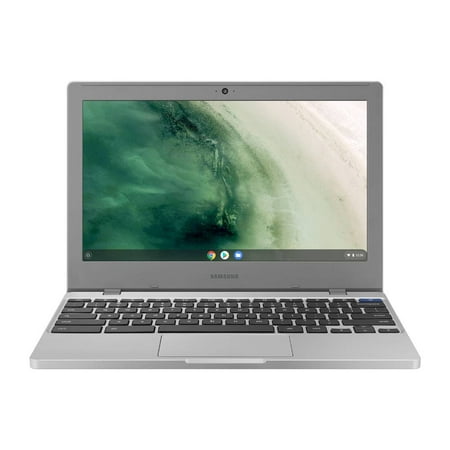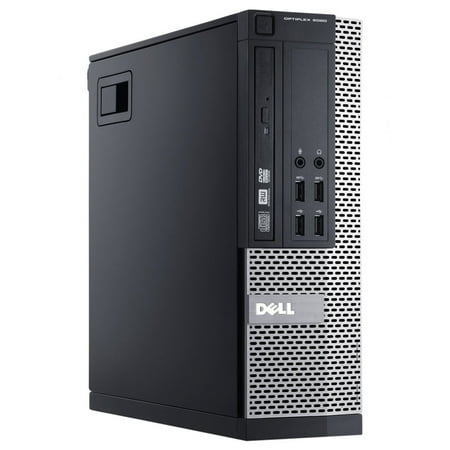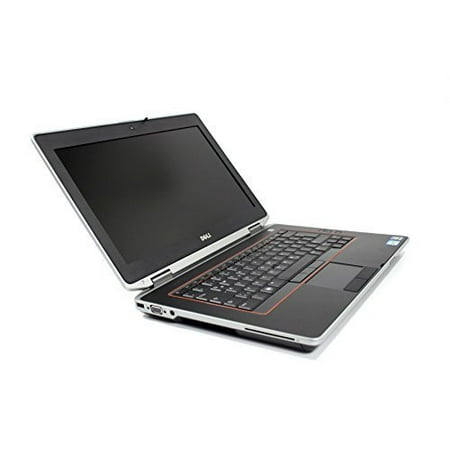Acer Aspire 3 Laptop, 15.6″ Full HD, 10th Gen Intel Core i5-1035G1, 8GB DDR4, 256GB NVMe SSD, Windows 10 Home, A315-56-594W
Powerful and portable, the Aspire 3 laptop delivers on every aspect of everyday computing. Featuring the new 10th Gen InteI® Core™ i5 processor, the Aspire 3 opens more possibilities than ever before—via performance, connectivity and entertainment. The Aspire 3 is the perfect laptop for every need. It packs a beautiful 15.6″ Full HD screen, solid performance and the Dual-Band WiFi into an attractive design that’s easy to place in a backpack and take to class. Offering good bang for your buck, this laptop has all the essentials you need so you can quickly browse the Web, manage a budget, or catch up on schoolwork.












Reviews
There are no reviews yet.